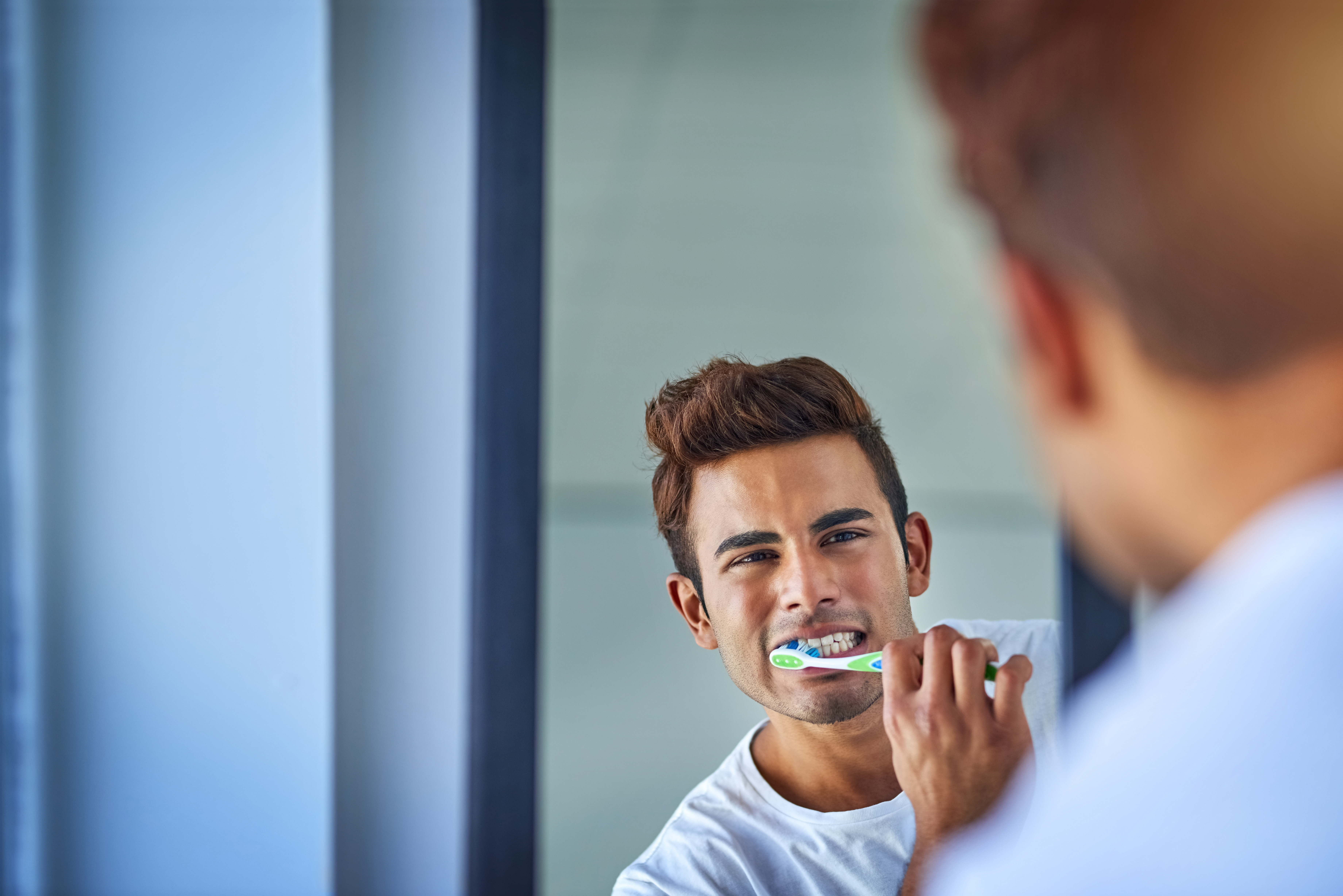11 Oral Microbiome Myths: What You Really Need to Know for Lifelong Health
Your mouth isn’t just where conversations start—it’s where your health begins. Inside it lives an entire ecosystem: the oral microbiome. This dynamic community of bacteria, fungi, and other microbes doesn’t just influence your teeth and gums—it shapes your immunity, digestion, and even heart health. Yet despite its importance, the oral microbiome is surrounded by myths that have warped how we think about hygiene, diet, and disease. From the obsession with ‘killing all germs’ to the idea that bad breath is just about brushing more, misinformation runs deep. But here’s the truth: caring for your oral microbiome isn’t about waging war—it’s about creating balance. In this article, we’re busting 11 common myths with science-backed insights that could reshape the way you care for your body, starting with your mouth. Because sometimes, the smallest ecosystems have the biggest impact—and the best health practices begin with the truth.
Myth 1: Oral Bacteria Are All Harmful

One of the most pervasive myths is that all oral bacteria are harmful. In reality, the oral microbiome comprises both beneficial and pathogenic bacteria. Beneficial bacteria play a critical role in maintaining oral health by competing with harmful microbes and aiding in digestion. Disrupting this balance can lead to oral diseases like gingivitis and periodontitis. Research highlights the importance of fostering a healthy oral microbiome through balanced diets and proper oral hygiene. Understanding that not all bacteria are foes allows us to adopt practices that nurture beneficial microbial communities, promoting overall health.
Myth 2: Good Oral Hygiene Eliminates All Bacteria

Many believe that good oral hygiene should eliminate all bacteria from the mouth. However, the goal of oral hygiene is not to eradicate bacteria but to maintain a balanced microbial environment. Over-sanitizing can disrupt this balance, potentially leading to an overgrowth of harmful bacteria. Studies suggest that using mild, non-alcoholic mouthwashes and avoiding excessive use of antimicrobial products can preserve beneficial bacteria. This nuanced approach to oral care emphasizes the importance of balance rather than eradication, aligning with the body's natural ecosystem and supporting long-term health.
